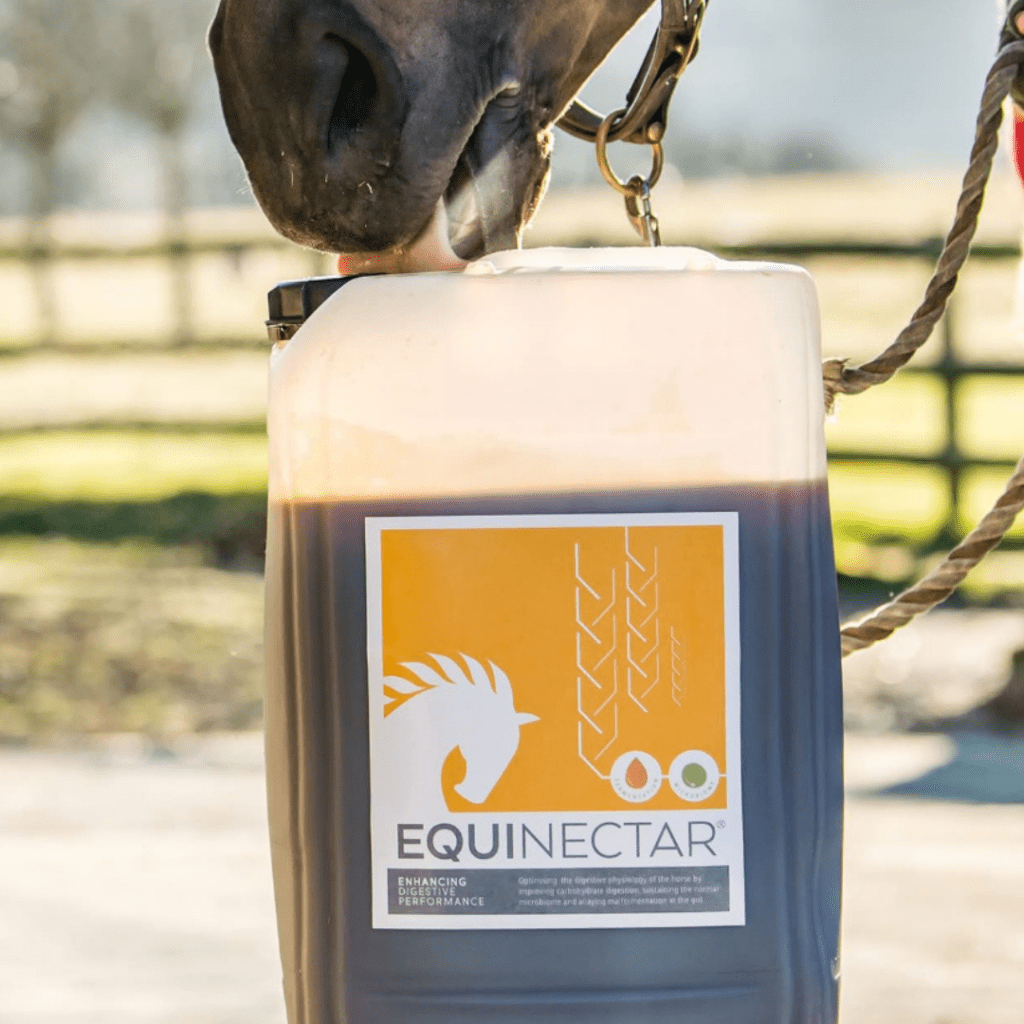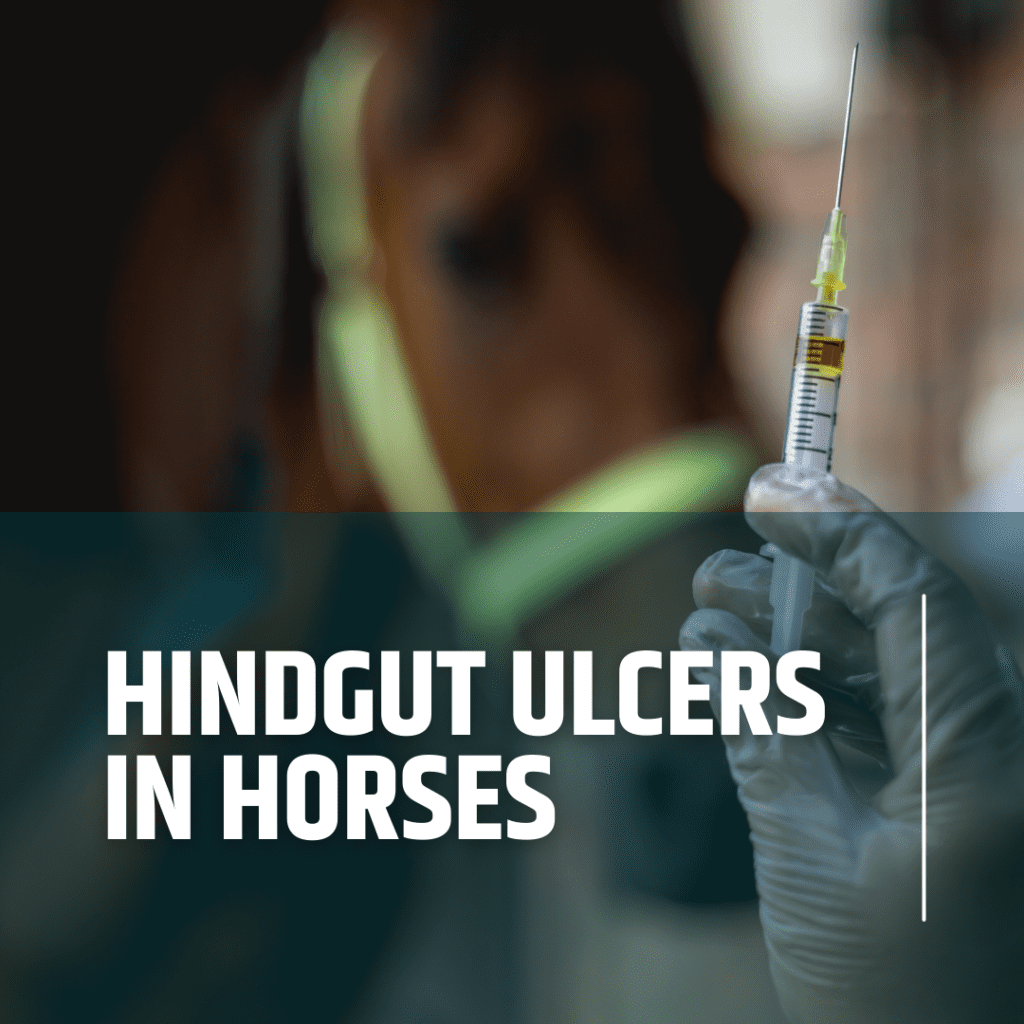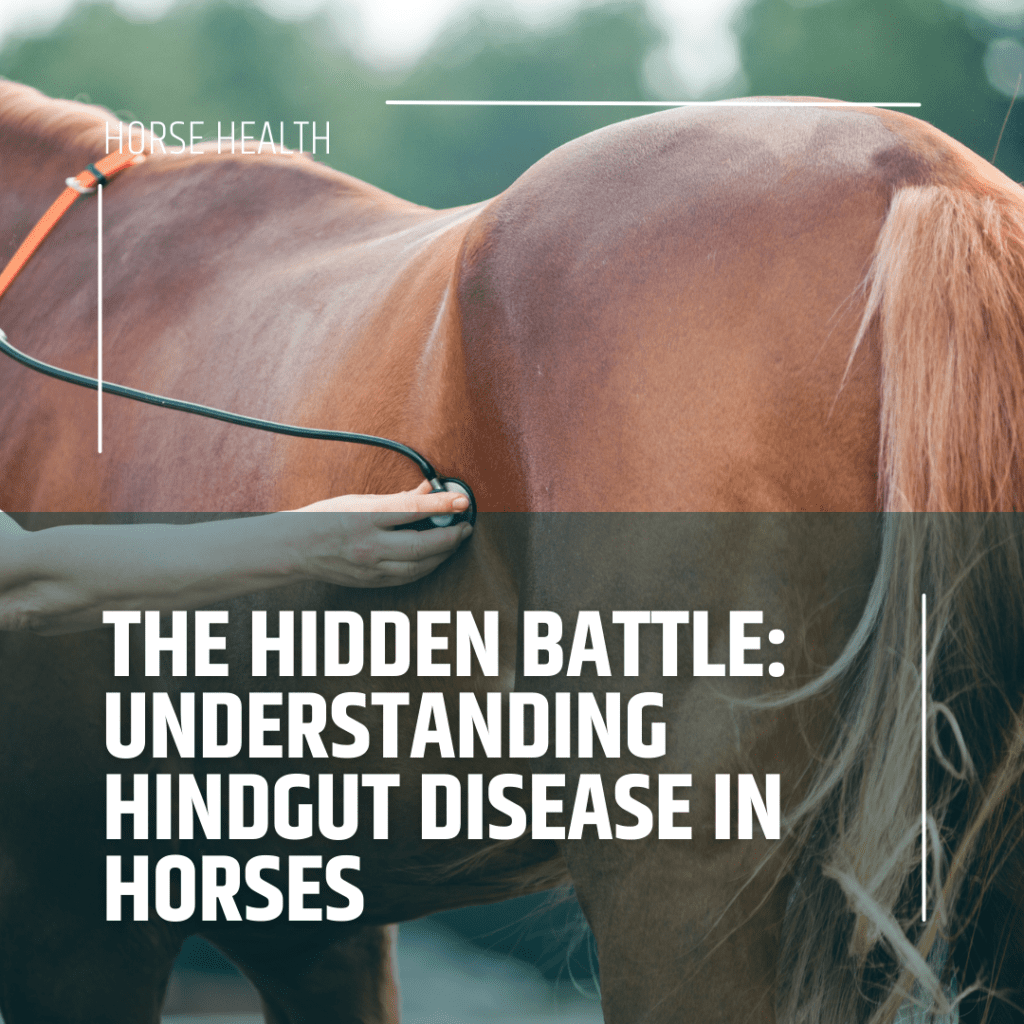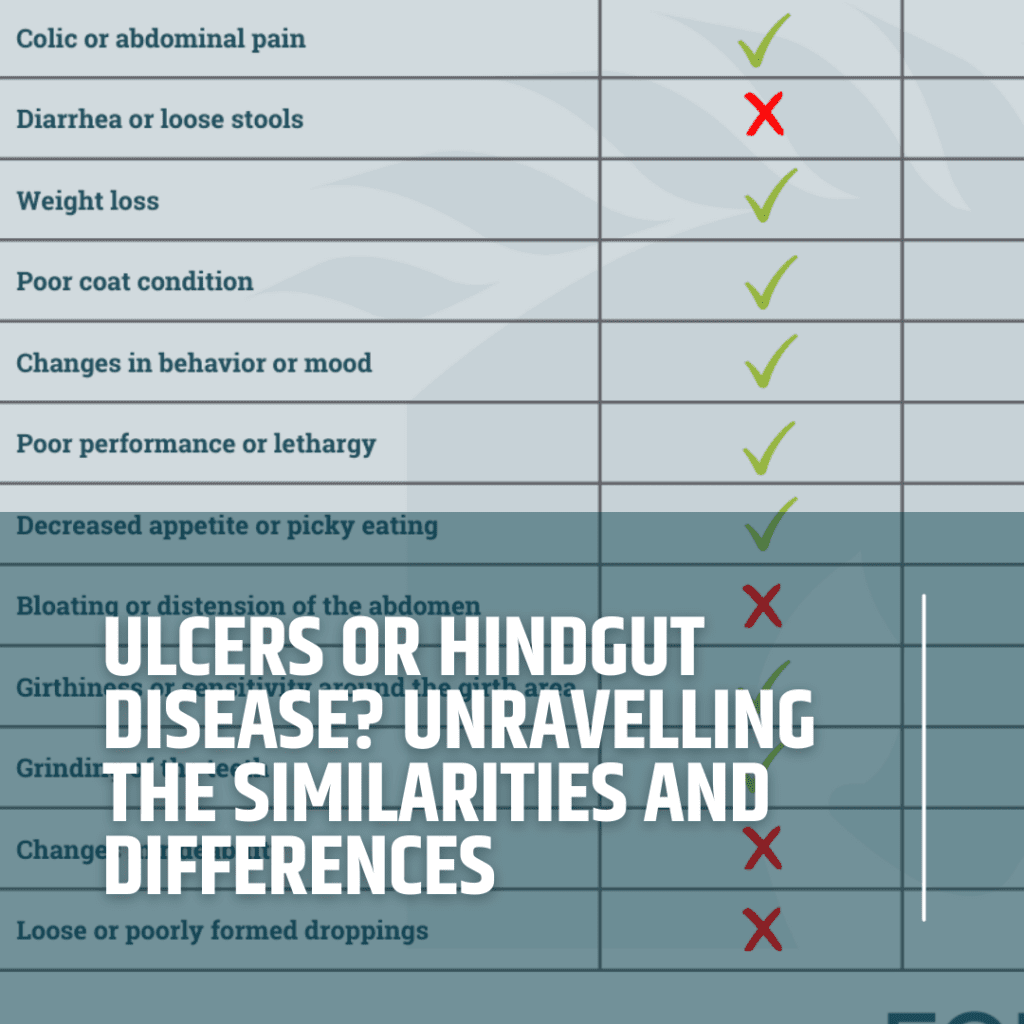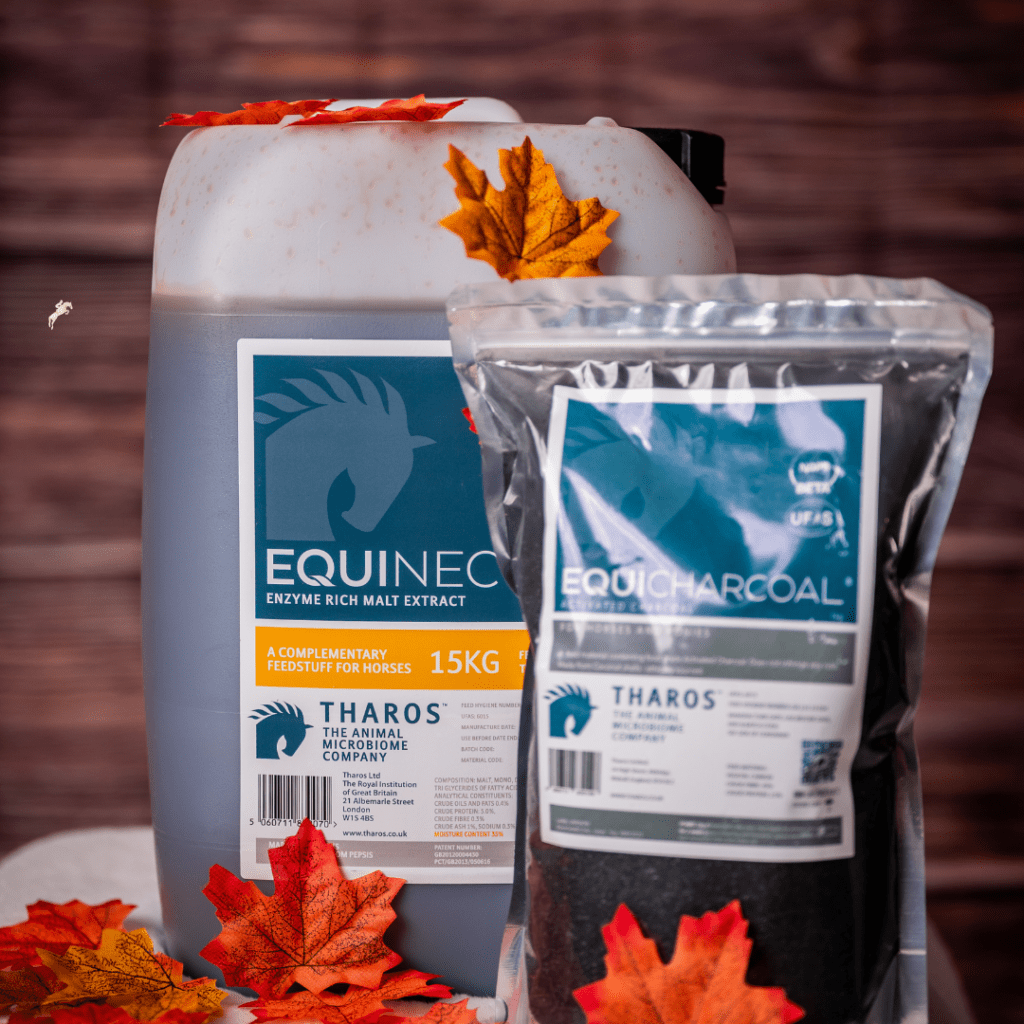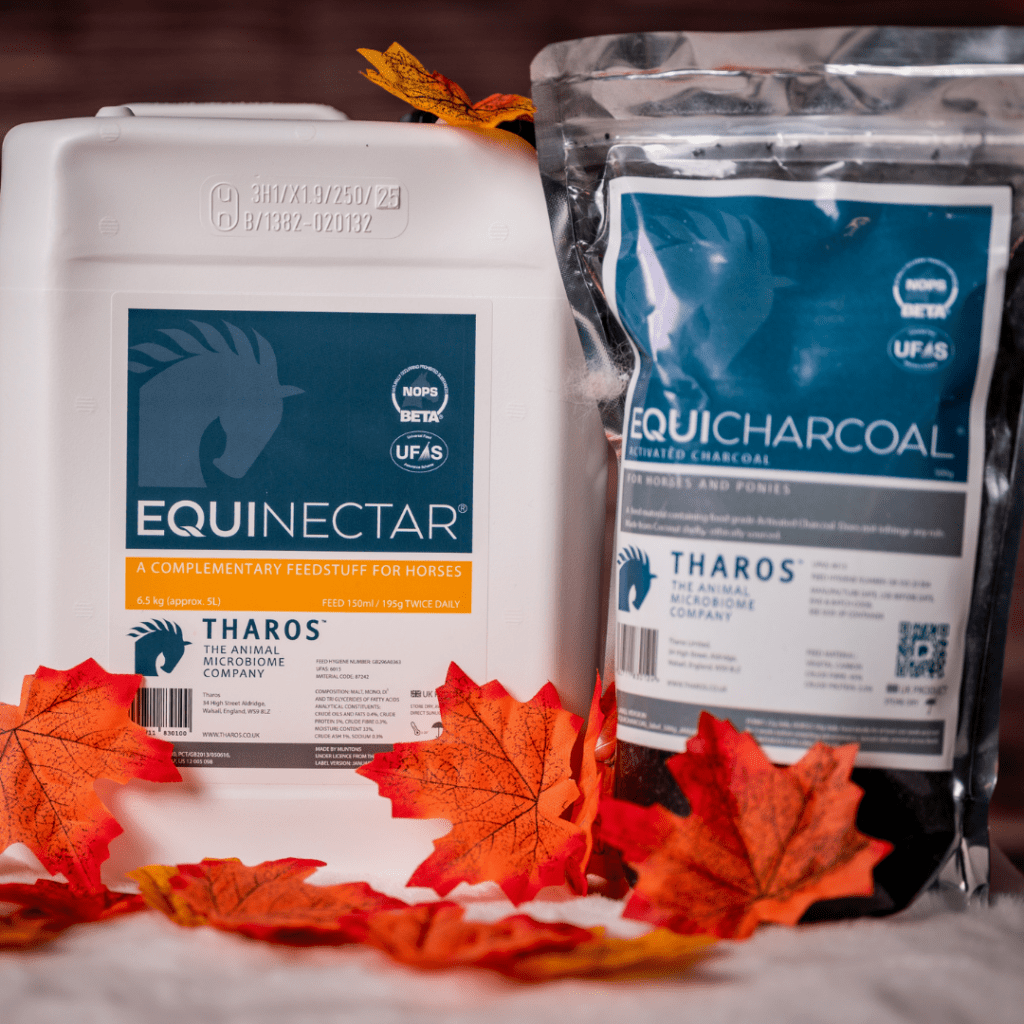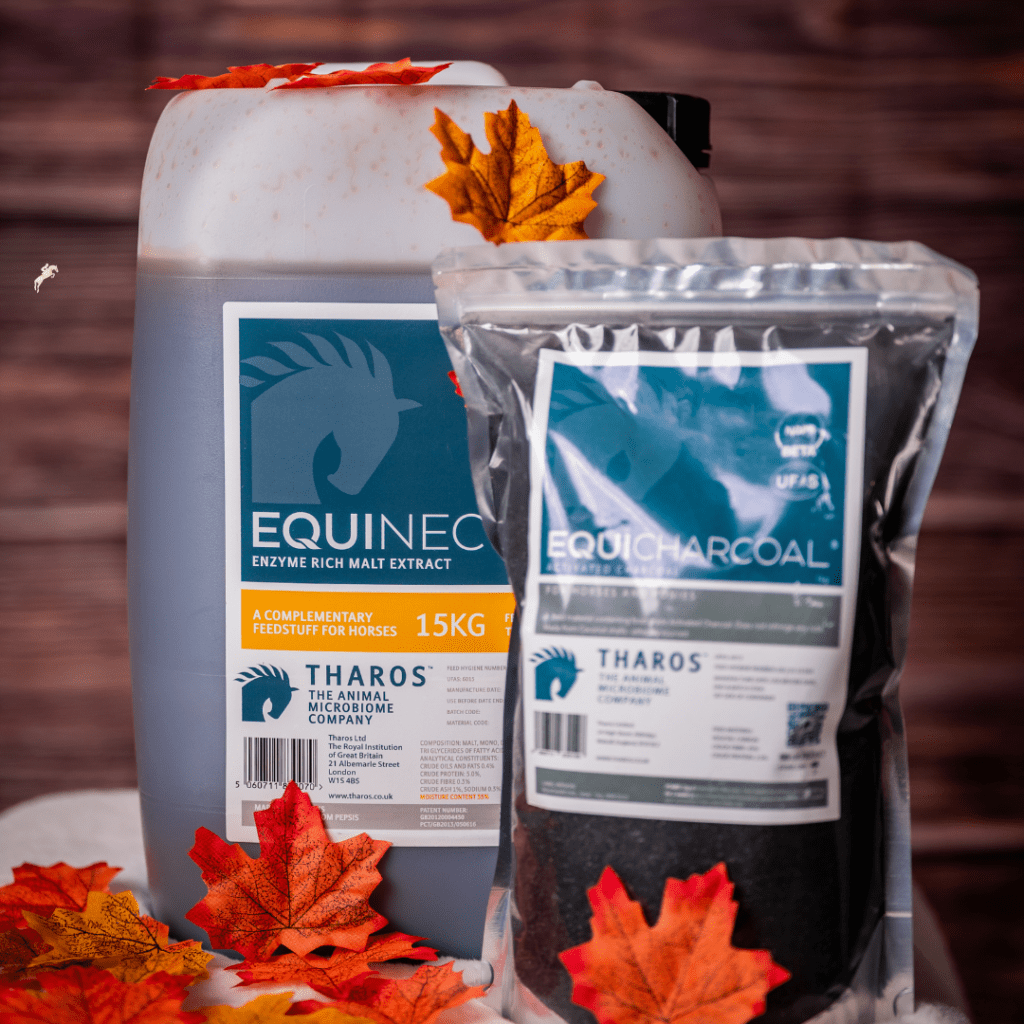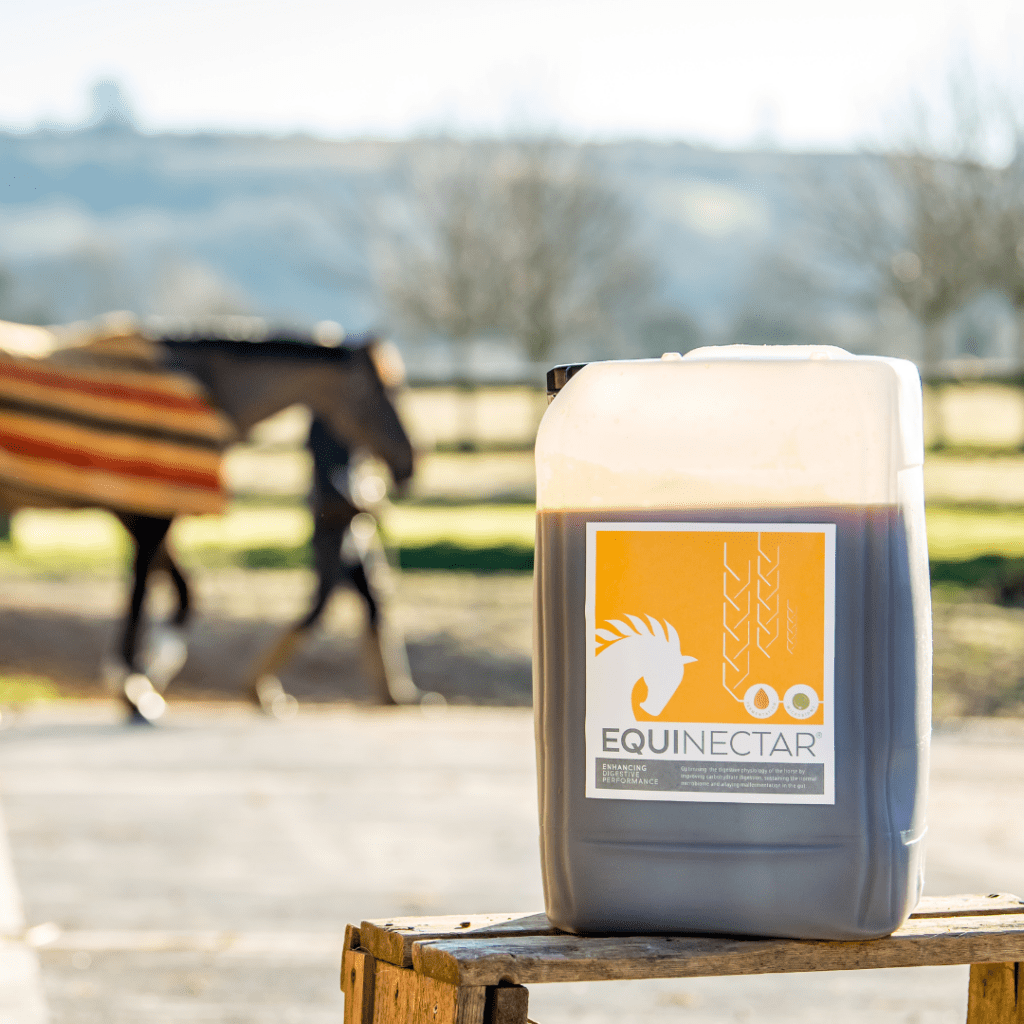Is Your Horse’s Gut Affecting Their Mood? The Surprising Link Between Digestive Health, Emotional Wellbeing, and Behaviour
For years, many horse owners and trainers attributed these behaviours to personality quirks or poor training. But emerging research is painting a far more complex and fascinating picture: your horse’s emotional state, the way they express it through their face and body, and even their behaviour problems may be deeply intertwined with what’s happening in their gut.

